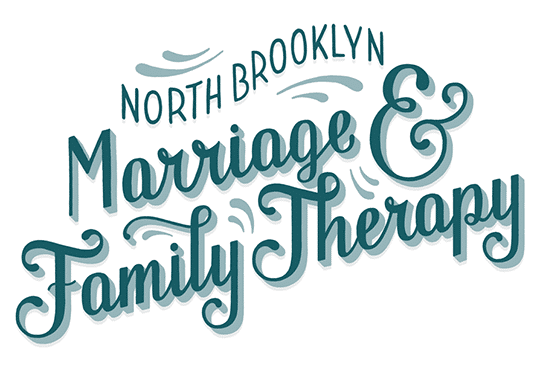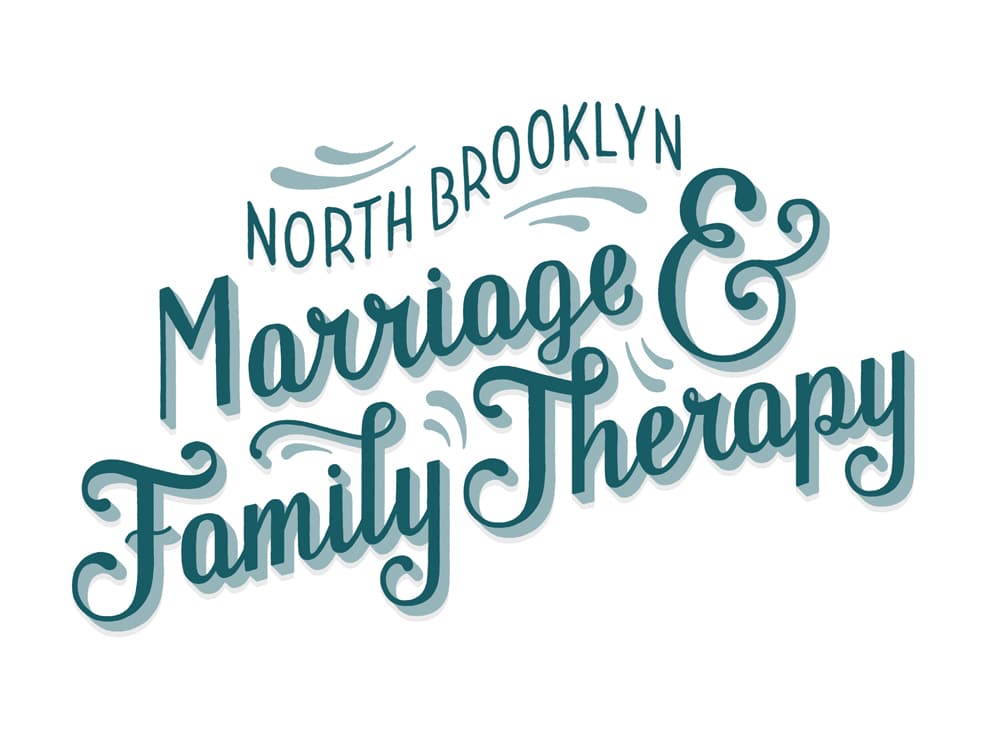
As we enter into October, what better way to celebrate Halloween than to discuss masks
and the effects of masking. Physical masks and costumes can be such an exciting and freeing
experience to step away from the monotony of daily life. Putting on a costume allows us to try
something new, play a role, and experience a persona that is outside of the barriers of what we
see as “socially acceptable.” But, what happens when Halloween is not the only time we adorn
our masks. What if we have been stepping out of authenticity on a regular basis and putting on a
mask that we feel the world expects of us so as to please others.
In a world where societal expectations and pressures loom large, it’s not uncommon for
us to feel the pressure to don metaphorical masks, concealing our true selves. This practice,
known as masking, or sometimes referred to as code switching, often arises from a desire to fit
in, feel safe, avoid judgment, or conform to established societal norms. However, the irony lies
in the fact that while masking may provide a sense of security, it ultimately prevents us from
living out our lives authentically.
The Masked Self
Masking involves presenting a carefully curated version of ourselves to the world,
usually as a result of information we have seen or heard from the world around us. This persona
we develop, sometimes from our youth, is often shaped by external influences such as family,
peers, or media, leading us to mimic behaviors, beliefs, or interests that may not align with our
genuine-authentic selves. Over time, we become so adept at wearing these masks that it becomes
challenging to distinguish between who we are, who we perceive we “should” be, and who we
pretend to be. One of the primary motivations behind masking is the innate fear of rejection. We
worry that if we reveal our true thoughts, emotions, or quirks, others may not accept us. As a
result, we tend to suppress our genuine feelings and put on a facade to gain approval. This fear of
rejection can lead to a perpetual cycle of inauthenticity, causing us to drift further from our true,
beautiful, and diverse identity.
The Toll on Mental Health
Living a life veiled behind a facade can exact a profound toll on our mental and
emotional well-being. The persistent charade, the perpetual effort to project an image contrary to
our genuine selves, can sow the seeds of stress, anxiety, depression, and a pervasive sense of
disconnection. The dissonance between our authentic selves and the persona we present to the
world can breed inner turmoil, leaving us with a profound sense of alienation and dissatisfaction
with the trajectory of our lives. It’s paradoxical that the mask, often donned for a sense of safety,
ironically yields results that counter the expected sense of security.
Masks for Marginalized Populations
Masking, sometimes referred to as “Code-Switching” among marginalized populations
including BIPOC, Neurodiverse, and LGBTQIA+, carries both advantages and drawbacks. On
the positive side, masking enables individuals to navigate diverse social contexts effectively,
fostering actual professional success. Masking can also serve as a protective shield, helping
individuals avoid discrimination and ensuring their physical and emotional safety from offensive
exchanges. However, on the flip side, it can erode a sense of one’s authenticity, contributing to
mental and emotional strain as individuals grapple with maintaining multiple personas leading to
anxiety and lower self-esteem from cognitive dissonance. Over time, it can trigger an identity
crisis and perpetuate stereotypes, reinforcing the need for marginalized groups to conform to
dominant cultural norms. While it can be a strategy for success, or even a short term shield of
protection, longterm, it underscores the systemic inequalities and discrimination that persist in
society, emphasizing the importance of fostering acceptance and inclusivity.
Missed Opportunities for Growth
Authenticity is the one of the keys to personal growth and self-discovery. By embracing
our true selves, we open the door to understanding our values, passions, and purpose in life.
Masking, on the other hand, hinders this process. It prevents us from exploring our authentic
desires and limits our potential for personal development. In addition to the internal harm that is
caused by masking, we also create a barrier to authentic relationships and deep connection.
When inviting others to connect, if we are giving them an inauthentic version of ourselves then
the connection will tend to develop in shallow and inauthentic ways.
Breaking Free from the Mask
Breaking free from the mask requires self-reflection and courage, introspection and a readiness
to evolve. It involves acknowledging the fears and insecurities that drive us to mask our true
selves and gradually dismantling these barriers. Here are a few steps to help you live more
authentically:
Self-Reflection – Take time to reflect on your true values, interests, and passions. What makes
you unique? What do you genuinely enjoy?
Embrace Vulnerability – Accept that it’s okay to be vulnerable and imperfect. Authenticity
often involves revealing your true self, warts and all.
Set Boundaries – Establish boundaries that protect your authentic self from external pressures
and expectations.
Surround Yourself with Support & Acceptance – Seek out supportive relationships where you
can be your true self without judgment.
Living authentically is a journey that requires ongoing effort and self-acceptance. While masking
may provide temporary relief from societal pressures, it ultimately stifles our growth and hinders
our ability to experience life to the fullest. By shedding our masks and embracing authenticity,
we can lead more fulfilling lives, build deep-meaningful connections, and discover our true
purpose in this world.
Working with a therapist can be an invaluable part of this transformative process.
Therapists offer a supportive and confidential environment where individuals can explore their
authentic selves without judgment. They help individuals navigate the often challenging path of
self-discovery, providing guidance, emotional support, and practical strategies for overcoming
obstacles. Therapists can assist in identifying and addressing any underlying issues, such as past
traumas or self-limiting beliefs, that may be hindering the journey toward authenticity.
Additionally, therapists can help individuals develop the self-acceptance and self-esteem needed
to confidently embrace their true selves. They gently encourage self-reflection, self-compassion,
and personal growth, empowering individuals to break free from the constraints of societal
expectations and fully engage with life in an authentic and meaningful way. Remember, it’s the
uniqueness of your true self, nurtured with the help of a therapist, that can make the most
significant impact on the world around you. This Halloween season, as you are on the hunt for
the perfect costume, maybe try on You, without a mask, and see how it feels!


